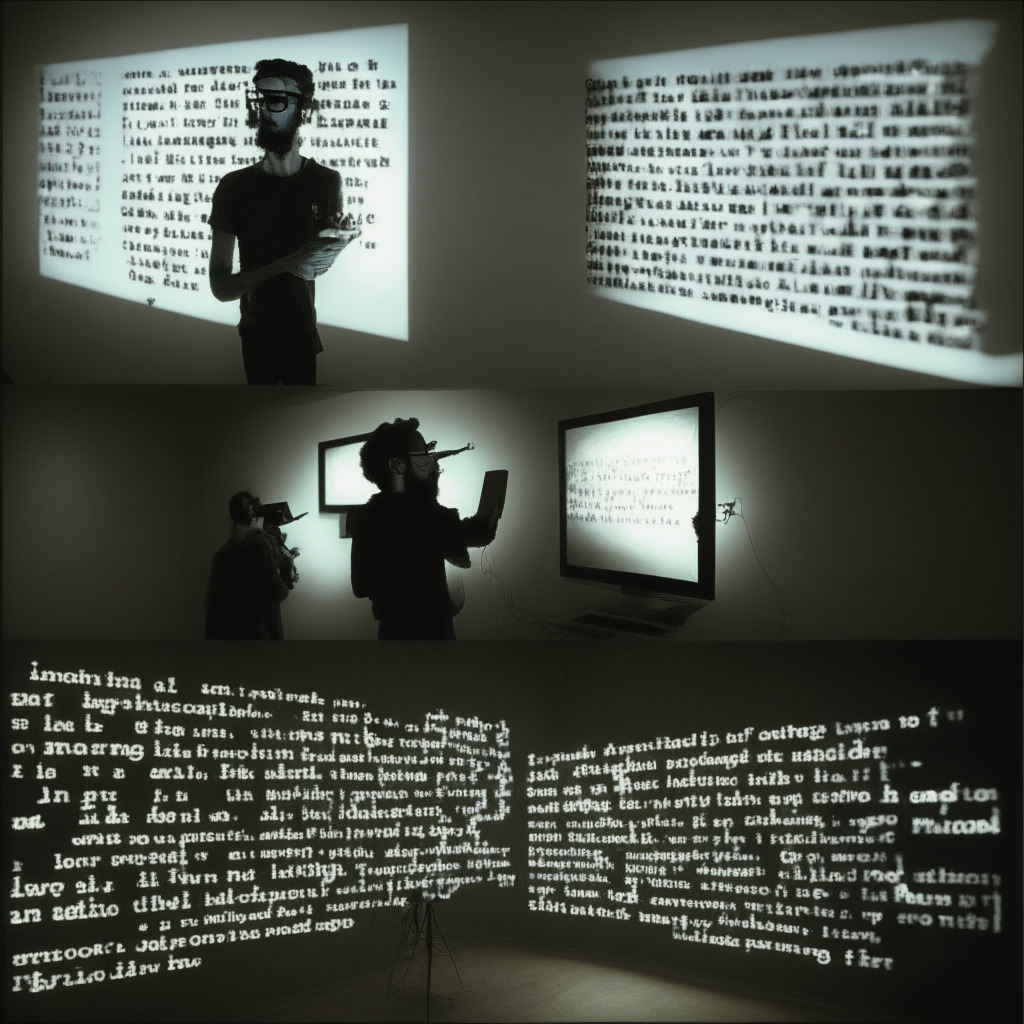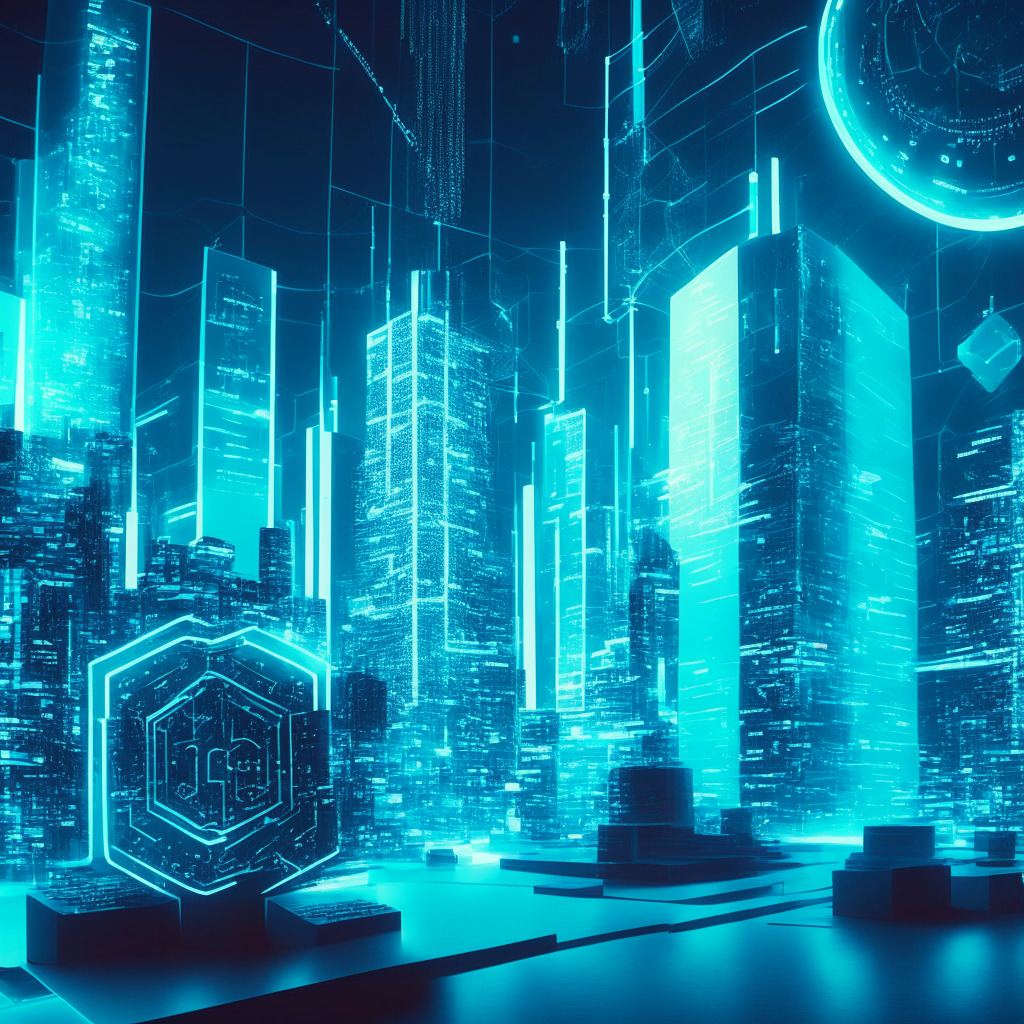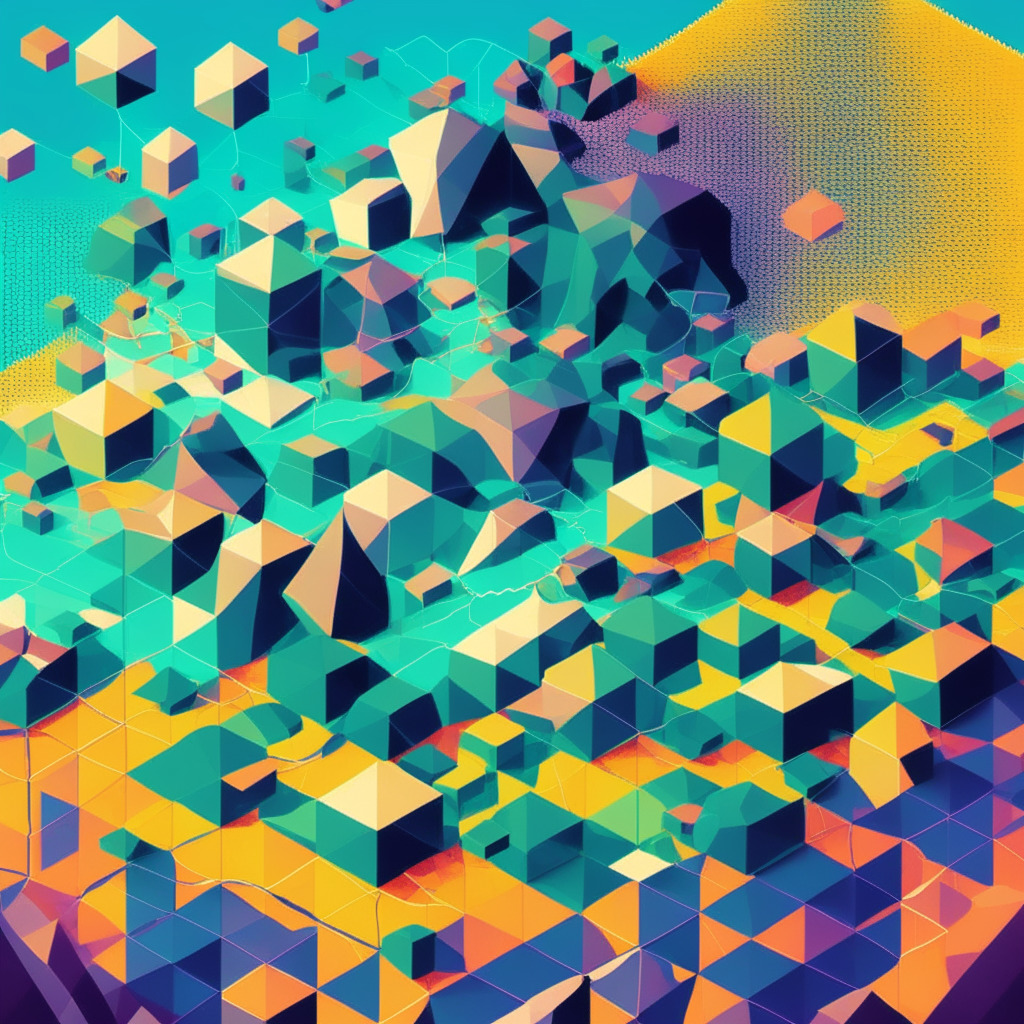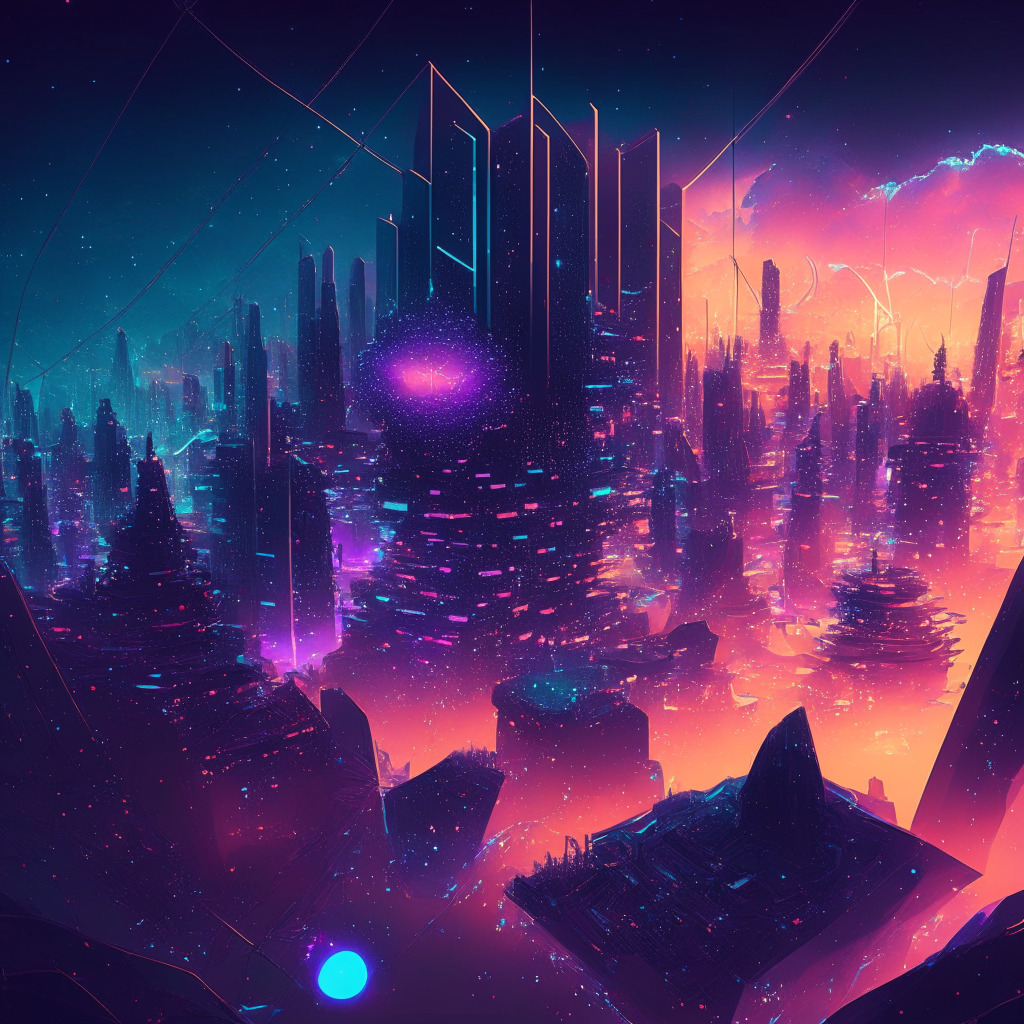The American poet and countercultural icon, Allen Ginsberg‘s legacy is getting expressed in a completely new avatar, courtesy of artificial intelligence (AI). For a man who forever celebrated the flexibility of societal norms, the fresh lease of life his work receives from technology dissects the conventional perception about the fusion of classic arts and technology.
Ginsberg’s work, often considered a cornerstone of the Beat Generation movement within the literary circles, continues to influence after his demise in 1997. This time, it’s an AI fuelled reincarnation of his prowess marking its debut at the Fahey/Klein Gallery in Los Angeles this August. The event, “Muses & Self: Photographs by Allen Ginsberg”, will showcase an intriguing lineup of Ginsberg’s photographs, along with a preview of AI-generated poetry collection derived from his literary body of work.
Developed in a unique collaboration involving NFT poetry gallery, TheVERSEverse, and the Tezos Foundation, the creative endeavor illustrates the striking prowess of AI. It employs an AI-powered camera to transition visual images directly into textual poetry. A direct outcome of this ‘intelligent’ mechanism is an exquisite poetic ensemble, inspired simultaneously by Ginsberg’s body of work, his irrefutable online presence, and of course, AI’s potential to perceive and interpret.
Echoing Ginsberg’s experimental propensities, the new collection is a modern linguistic wonder that reciprocates decisively with Ginsberg’s visual and poetic vernacular. This progression holds particular significance given the recent surge in AI development and the consequent change in mainstream perspective towards AI platforms like Midjourney and ChatGPT.
The convergence of AI with art is not new; musicians and text-based designers have been leveraging these tools to enhance their creative output for a while. However, the fusion of AI and written-art, particularly poetry, might present a dichotomy for purists. The integral human interaction and emotional play is difficult to replicate via AI, even though AI is capable of mimicking stylistic attributes of artists. This puts a spotlight on the originality and ethical considerations surrounding the unauthorised use of artists’ work via AI.
While the union of AI and Ginsberg’s work symbolizes the progressive trends infiltrating the realm of art and literature, the implications and future of such fusion warrant careful exploration. Poetic fervor or AI mechanism – what bridges the artistic gap more efficiently is a space to observe.
Source: Coindesk




